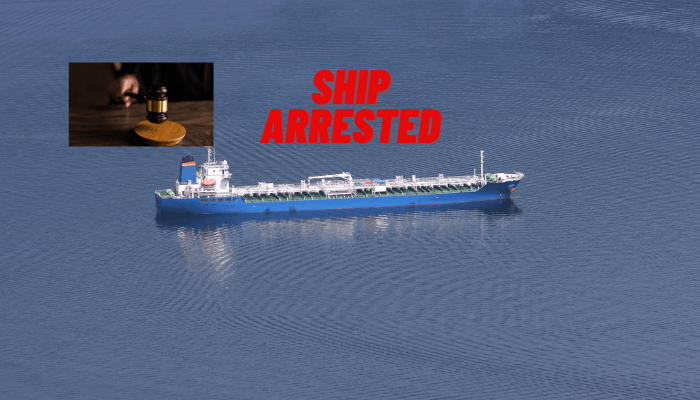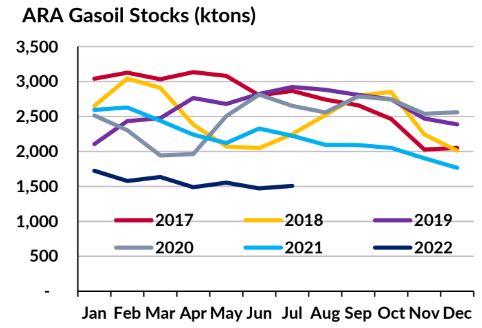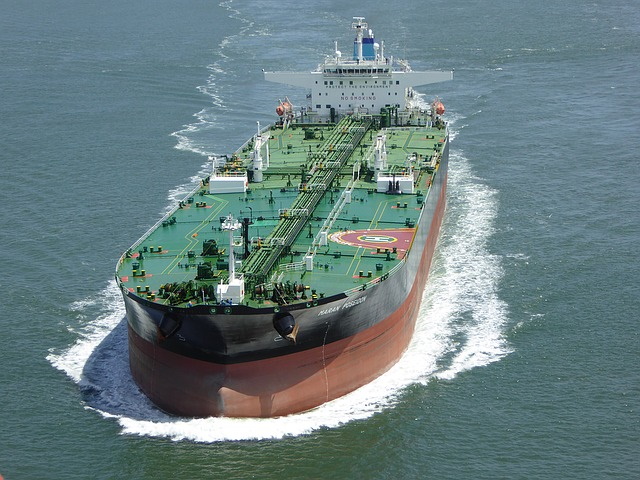The Covid-19 pandemic catalysed remote working, and with that, inadvertently spurred companies to adopt additional safety technologies. However, it remains to be seen whether companies will continue to recognise the value of improving workplace safety and embrace new technologies to do so.
During a discussion organised by Safetytech Accelerator, in partnership with The Financial Times, and presented at the Lloyd’s Register Foundation Safer World Conference, Emily Whitcomb, director of the Work to Zero initiative at US non-profit safety advocate National Safety Council (NSC), said that Covid-19 was a major disruptor for safety.
She said: “We were on the cusp of the next safety revolution. With Covid-19, companies had to look for other ways to control risks… how can you automate things so that humans are not having to gather? What we found was that when Covid-19 hit, a lot of companies were looking at the technologies they were using and they were able to pivot a little bit to help.
“We saw a lot of companies were able to quickly pivot technologies like proximity sensors, to be used for social distancing among their workers. With office workers able to use Zoom and the Internet to engage with each other, companies found that they were able to get experts to come onsite; they didn’t have to physically come in.”
Safetytech Accelerator managing director, Dr Maurizio Pilu, noted that while certain industries, such as shipping, are notoriously late in adopting new technologies, the pandemic had speeded up this process.
Dr Pilu said: “Covid-19 seemed to accelerate an existing trend. What we have seen in other sectors is that often there is no turning back, once people get the taste of it [new technologies].”
He believes that technologies, ranging from drones, to AI, computer vision and wearables, have become affordable, flexible and robust enough to be adopted.
Dr Pilu continued: “As we have seen in the past, technology has to be right to go over the adoption tipping point and I think it’s starting to look right in many, many ways.”
James Pomeroy, Global Health and Safety Leader and Director at UK engineering consultancy Arup Group, agreed that while the pandemic has facilitated remote working, current generations of workers are demanding better safety standards.
Pomeroy elaborated: “It’s a generational shift—they [workers] don’t want to sit through PowerPoints, they don’t want to sit through hours and hours of training, they want something that they can play with, something that’s in their pocket that’s easy to use, readily designed and is interesting.
“Safety is plateauing. In some countries, we have actually seen an increase in fatalities, and that includes work-related commuting. So, there is this tipping point that we are seeing, generations coming through, demanding better solutions. We need to look at catastrophic risk and sustainability as part of that. Companies are looking at safety as a reputational, financial, social and equitable issue that they need to think differently about.”
Anglo Eastern Ship Management’s Managing Director, Group QHSE and Training, Pradeep Chawla, said that this company tries to be one of the early adopters of new technologies, adding that his company is one of the few that uses various types of simulators to train seafarers.
Chawla said ,“We’ve adopted gaming as a technology for teaching, moving from single-user to multi-user games. With respect to injuries, as an industry, we have more or less, passed that stage of just riding procedures and checklists and most of the good companies in shipping are at a stage where they are dealing with behaviour-based safety, rather than process-based safety and checklists.
“When it comes to challenges in adopting safety technology, it’s like any other industry. People are people; there’re the early enthusiasts who will line up outside Apple showrooms to get the latest version of iPhone and they’re the granddads who don’t want to go beyond the Nokia interface. I think that what has changed is that the cost of technology is reduced… it’s a known fact that any early adopter of technology pays more than those who come in later.”
Source: Lloyd’s Register









